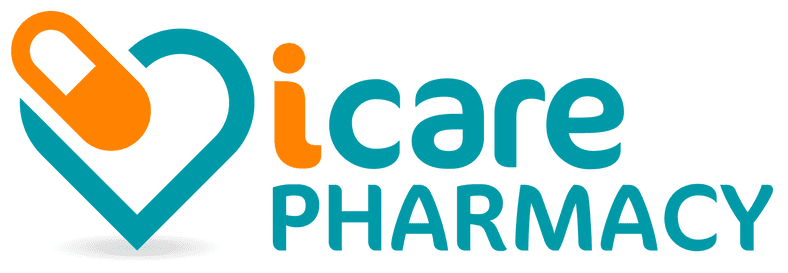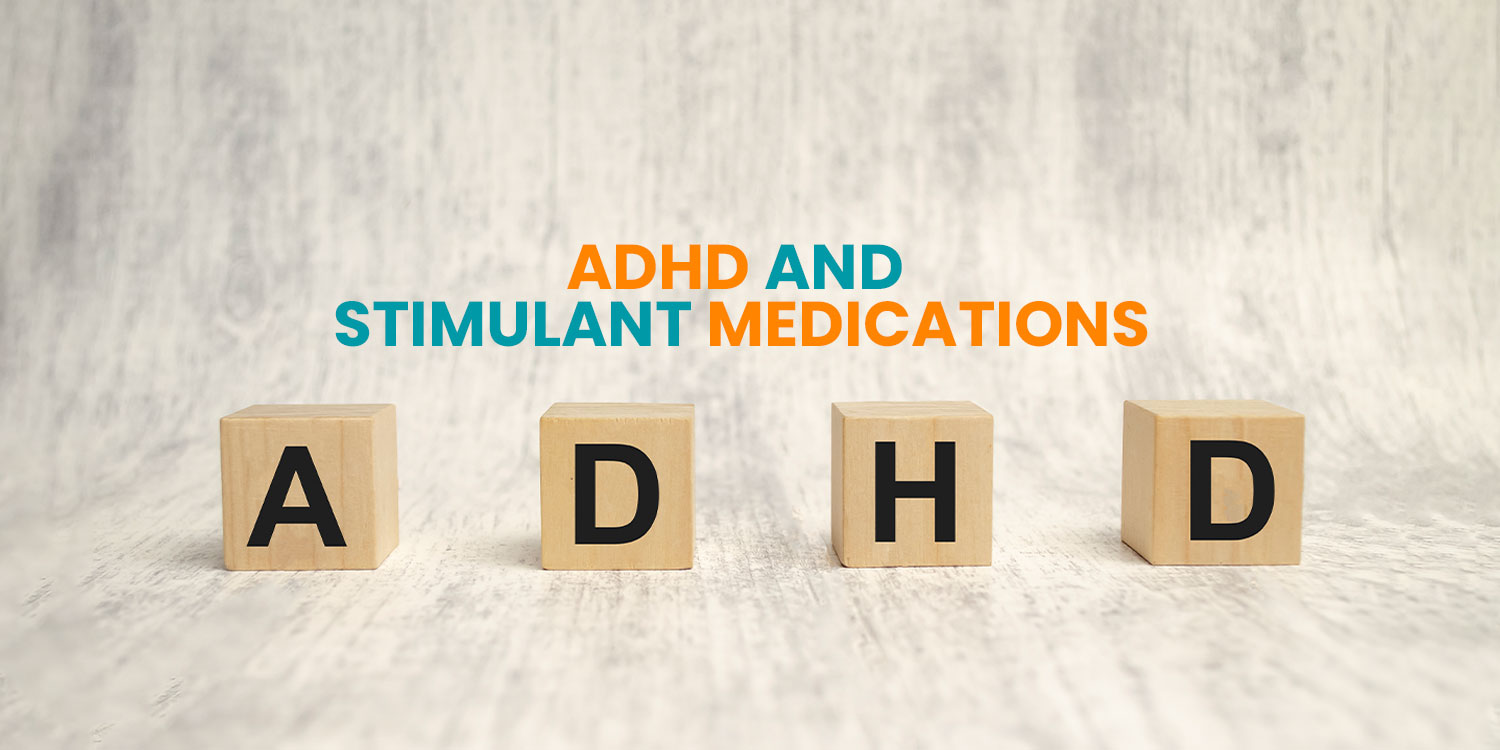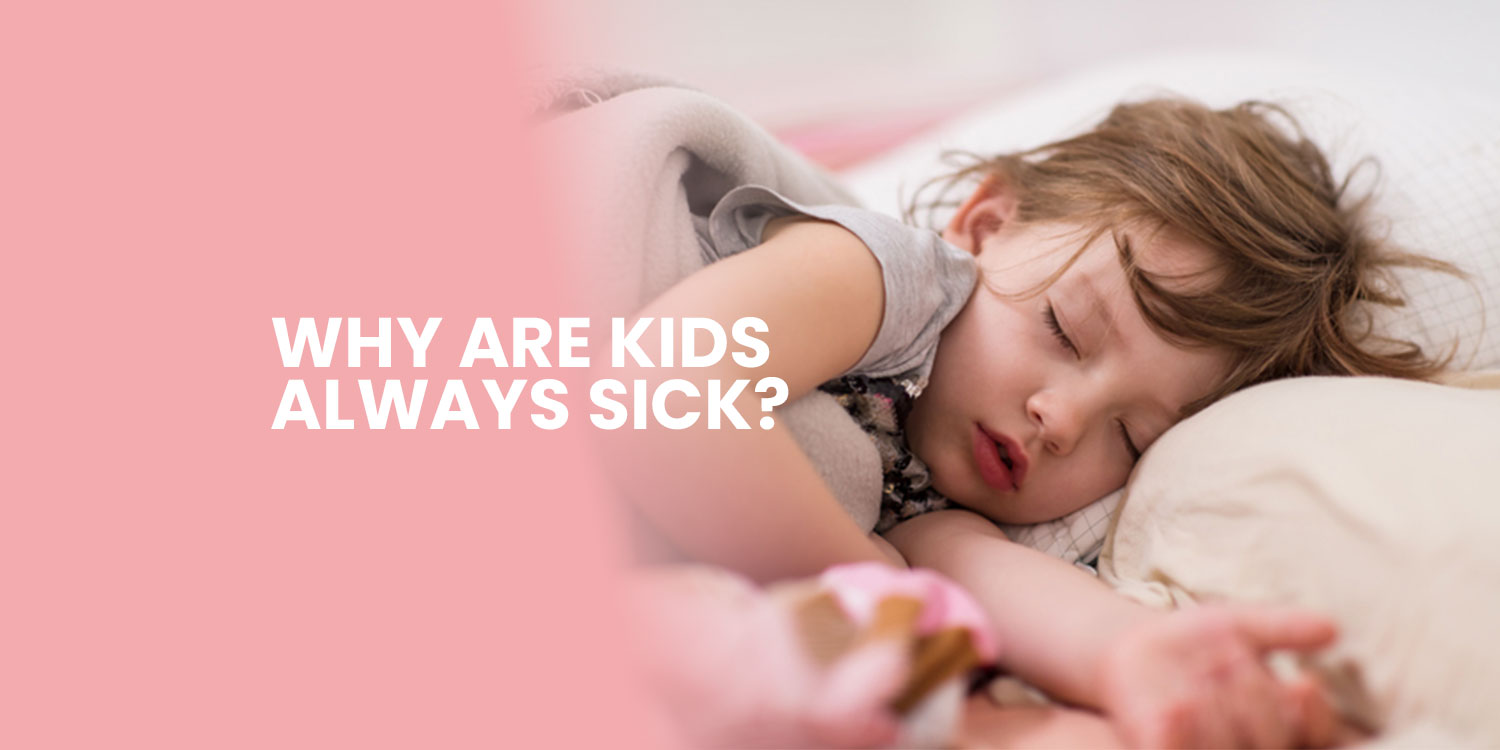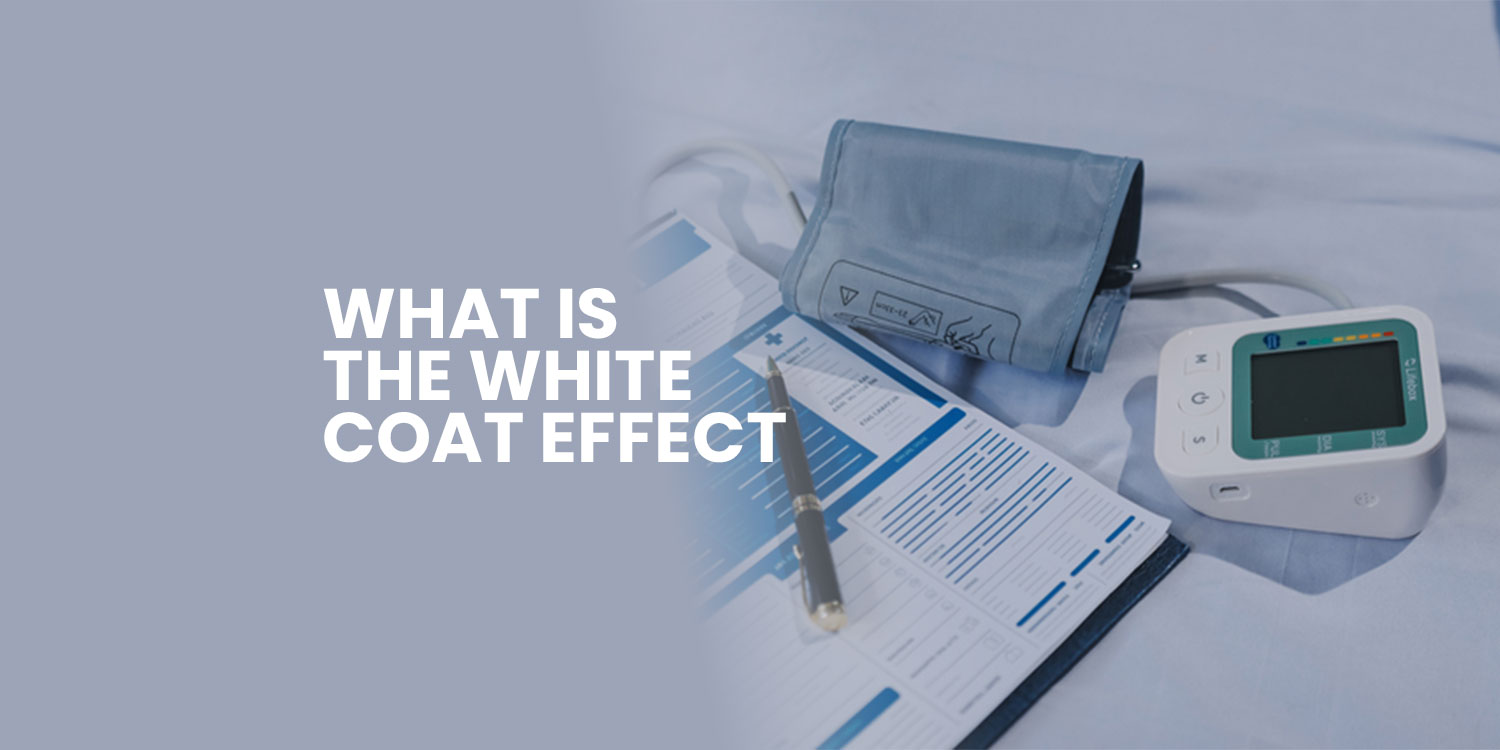ADHD and Stimulant Medications: What You Need to Know
Attention-Deficit/Hyperactivity Disorder (ADHD) is a neurodevelopmental condition that affects focus, impulse control, and executive function. One of the most effective treatments for ADHD is stimulant medication, which has been shown to improve attention, behavior regulation, and overall functioning (Centers for Disease Control and Prevention [CDC], 2022).
How Effective Are Stimulants for ADHD?
Stimulant medications such as Vyvanse (lisdexamfetamine), Adderall (amphetamine/dextroamphetamine), and Concerta (methylphenidate) are considered first-line treatments for ADHD. Research shows that approximately 70% to 80% of individuals with ADHD experience significant symptom improvement when taking stimulants (Wilens & Spencer, 2010). These medications increase the levels of dopamine and norepinephrine in the brain, which helps enhance attention and impulse control (Biederman & Faraone, 2005).
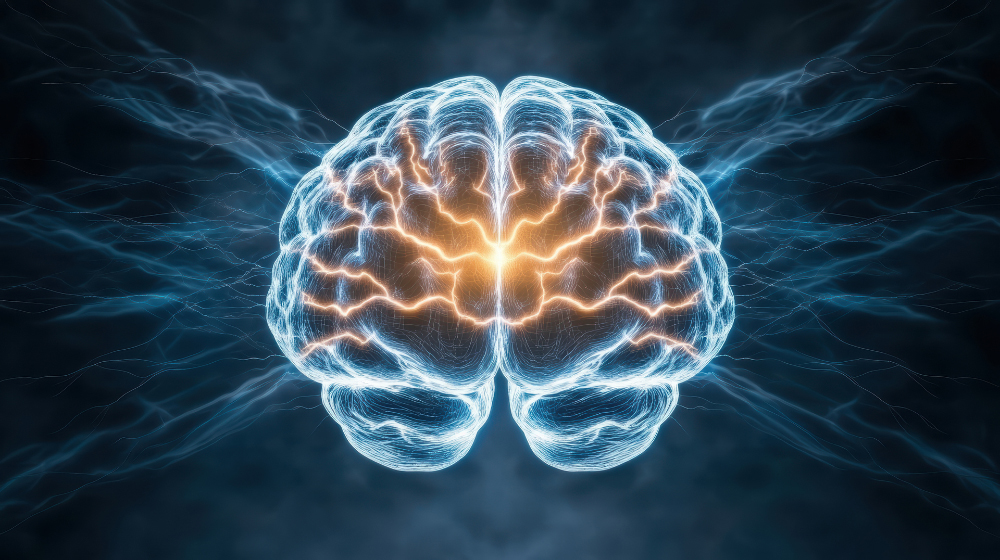
Benefits of Stimulants
For many people with ADHD, stimulant medications offer noticeable benefits, including:
- Fast-acting relief: Most stimulants take effect within 30 to 60 minutes of ingestion (Faraone et al., 2015).
- Improved focus and concentration: Patients often report better attention span and task completion.
Enhanced daily functioning: Stimulants can improve academic, occupational, and social performance (Cortese et al., 2018).

Common Side Effects
Like all medications, stimulants may cause side effects. Common issues include:
- Insomnia
Because stimulants activate the central nervous system, they can interfere with sleep if taken later in the day. Morning dosing is generally recommended to reduce this effect (Banaschewski et al., 2006).
Anxiety and Irritability
Some individuals, particularly those with a history of anxiety, may experience increased nervousness or mood swings. In such cases, adjusting the dose or trying a different medication may help (Childress & Sallee, 2014).

What If Stimulants Don’t Work for You?
Not everyone responds well to stimulants. If side effects outweigh the benefits or symptoms persist, alternatives include:
- Non-stimulant medications such as Strattera (atomoxetine) or Intuniv (guanfacine)
- Lifestyle modifications, including improved sleep, regular physical activity, and a balanced diet
- Behavioral therapy to help develop coping skills and improve executive function
Treatment for ADHD is highly individualized, and multiple strategies may be combined for best results (National Institute of Mental Health [NIMH], 2023).
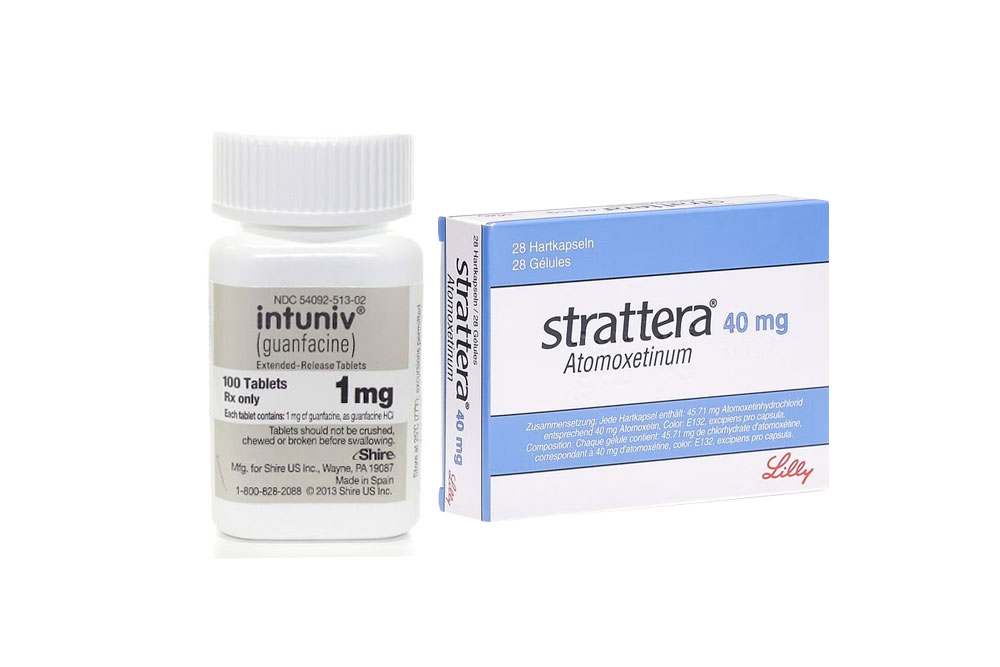
Final Thoughts
Stimulants like Vyvanse, Adderall, and Concerta remain among the most effective tools for managing ADHD. While they offer fast and measurable benefits, some individuals may experience side effects such as insomnia or irritability. Taking the medication early in the day and closely monitoring its effects can help strike the right balance. If a particular stimulant doesn’t work, there are many alternatives available. Always work with your healthcare provider to find the treatment that fits your needs best.
👉 Have questions about ADHD medications? Drop them in the comments below!
References
Banaschewski, T., Coghill, D., Santosh, P., Zuddas, A., Asherson, P., Buitelaar, J., … & Taylor, E. (2006). Long-acting medications for the hyperkinetic disorders: a systematic review and European treatment guideline. European Child & Adolescent Psychiatry, 15(8), 476–495. https://doi.org/10.1007/s00787-006-0538-8
Biederman, J., & Faraone, S. V. (2005). Attention-deficit hyperactivity disorder. Lancet, 366(9481), 237–248. https://doi.org/10.1016/S0140-6736(05)66915-2
Centers for Disease Control and Prevention. (2022). What is ADHD?. https://www.cdc.gov/ncbddd/adhd/facts.html
Childress, A. C., & Sallee, F. R. (2014). Attention-deficit/hyperactivity disorder with comorbid anxiety: A review of the current evidence and treatment recommendations. Current Psychiatry Reports, 16(11), 1–9. https://doi.org/10.1007/s11920-014-0494-0
Cortese, S., Adamo, N., Giovane, C. D., Mohr-Jensen, C., Hayes, A. J., Carucci, S., … & Cipriani, A. (2018). Comparative efficacy and tolerability of medications for attention-deficit hyperactivity disorder in children, adolescents, and adults: a systematic review and network meta-analysis. The Lancet Psychiatry, 5(9), 727–738. https://doi.org/10.1016/S2215-0366(18)30269-4
Faraone, S. V., Biederman, J., Spencer, T. J., Mick, E., Murray, K., Petty, C., … & Monuteaux, M. C. (2015). Efficacy of amphetamine vs. methylphenidate in ADHD: A meta-analysis. Attention Deficit and Hyperactivity Disorders, 2(2), 67–73. https://doi.org/10.1007/s12402-010-0030-8
National Institute of Mental Health. (2023). Attention-Deficit/Hyperactivity Disorder (ADHD). https://www.nimh.nih.gov/health/topics/attention-deficit-hyperactivity-disorder-adhd
Wilens, T. E., & Spencer, T. J. (2010). Understanding attention-deficit/hyperactivity disorder from childhood to adulthood. Postgraduate Medicine, 122(5), 97–109. https://doi.org/10.3810/pgm.2010.09.2206
